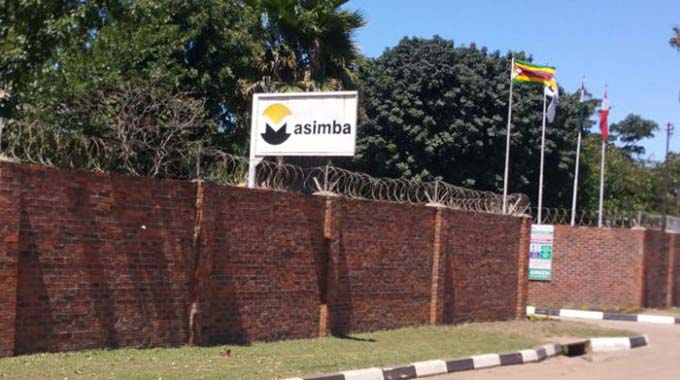IMTT, a burden to business
THE Intermediated Money Transfer Tax (IMTT) remains a burden to the viability of business, the Zimbabwe National Chamber of Commerce (ZNCC) says, reiterating earlier cross sectoral calls for it to be redesigned and treated as an allowable expense for income tax purposes.
The IMTT is tax that was introduced in Zimbabwe a few year back ago and is collected on a range of financial transactions such as direct debits, online and mobile money transfers, payments to suppliers, loan and interbank transfers and any other funds transfers.
Until October 12, 2018, the IMTT was levied at the rate of $0,05 per transaction, but the tax has since October 13, 2018, been calculated at a rate of 2 percent for every dollar or part thereof transacted, subject to the prescribed lower and upper limits of amounts.
Business says the fact that the tax, which used to apply only to local currency transactions, but was recently extended to transactions in forex, is levied on gross amounts and it negatively affects viability.
Zimbabwe’s biggest industrial lobby group, the Confederation of Zimbabwe Industries (CZI), has recently cited the extension of the intermediated money transfer tax to foreign currency transactions as one of the major drivers of recent surges in (prices) monthly inflation.
“IMTT remains an albatross, 2 percent tax should be redesigned so that it can be allowed as an expense for formal business,” ZNCC said in recent but brief twitter thread.
According to Section 15 (2) (a) of the Income Tax Act, which gives guidelines on deductible expenditures, provides that allowable taxes shall only apply to expenditures and losses to the extent to which they are incurred for the purposes of trade or in the production of the income.
But this does not apply to the extent to which they are expenditures or losses of a capital nature or expenditures that constitute the prepayment for goods, services or any benefits that will be used up in any subsequent year of assessment.”
The requirements of section 15(2) (a), the tax was specified as disallowed deduction by the Finance Act 2019, gazetted on 20 February 2019, done through inserting a new section in the Income Act, section 16(1)(d1), which prohibits the deduction of “any amount of Intermediated Money Transfer Tax charged in terms of section 22G of this Act”.
A number of transactions are however exempted from the tax and these include purchase or redemption of money market instruments, payment of salaries and transfer to or from the Zimbabwe Revenue Authority for payment or refund of tax, duty or other charges
Intra-corporate transfers of money, that is to say, transfers of money between the national treasury account and any trading account held in the name of the same company and transfers of money from (but not into) specified trust accounts are also not levied.
Further, exempted transactions include the transfer of money by Government from the Consolidated Revenue Fund or from funds established in terms of Section 18 of the Public Finance Management Act and transfer of money to any pension fund or beneficiaries of such fund.
While calls for the redesigning of the tax have persisted and grown, Finance and Economic Development Minister Mthuli Ncube maintains the tax is not going anywhere.
The minister has repeatedly pointed out how the tax has consistently boosted Government revenues, helping Treasury intervene in emergencies like drought, cyclones and Covid-19, cushioning of vulnerable groups and maintaining a balanced budget.-ebusinessweekly.co.zw










